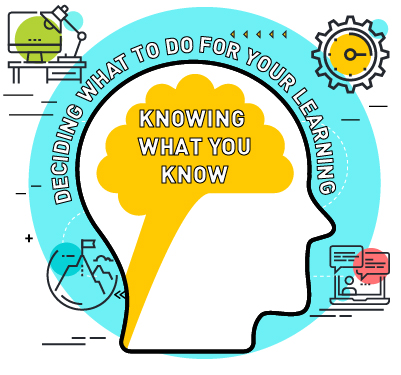
When observing lessons on inspection, a school inspector is noting the quality of learning that is being generated for pupils. Whilst this sounds like a simple observation, all educators know that within any lesson or sequence of lessons, there is much that has an impact on pupil achievement.
The Ofsted framework for inspection seeks to assess and make judgements by evaluating the extent to which teachers,
“help learners embed and use knowledge fluently or to check understanding and inform teaching”
or, “create an environment that allows the learner to focus on learning.”
[DfES Education inspection framework Guidance, 11 July 2022]
There are a range of factors which facilitate how successful these aspects may be, but in my humble opinion, if the outcome for pupils is at the centre of the evaluation, a true picture of a school’s success will always be accurately judged.
Whatever the curriculum being taught, a truly successful ‘learning’ classroom is one where pupils ask questions, and can explain to their teachers and each other ‘how’ they are learning, not just ‘what’ they are learning. The outcome for pupils is that which highlights the quality of learning, not just what the teacher is doing.
We can’t say that the quality of teaching isn’t a huge contributory factor in the quality of outcomes for pupils. A teacher who provides an opportunity for pupils to work collaboratively and act as critical friends to one another or model resilient learning behaviours is far more likely to facilitate excellent outcomes for their pupils than an educator who solely relies on the ‘chalk and talk’ method.
 In a nutshell, a class of pupils who are able to ‘provide answers’ is not always indicative of deeper learning and understanding. Pupils however, who demonstrate a strong degree of thinking, reasoning and problem solving are, as a rule, higher achievers in their learning.
In a nutshell, a class of pupils who are able to ‘provide answers’ is not always indicative of deeper learning and understanding. Pupils however, who demonstrate a strong degree of thinking, reasoning and problem solving are, as a rule, higher achievers in their learning.
None of this will be news to most educators and you will recognise what I am describing as metacognition and the positive impact it can have on pupil achievement. The Education Endowment Foundation’s guidance report on this topic provides great insight; and I was interested to note the strong parallels with the Independent Schools Inspectorate’s (ISI) framework for assessing the quality of education criteria.
The backbone of the ISI framework is pupil outcome; and this sits perfectly with the principles of metacognition. Pupils’ outcome in personal development in areas such as self understanding; their ability to develop an understanding of their own learning and performance, as well as an awareness of themselves as a learner are key aspects of metacognition, as well as the inspection framework and observations ISI inspectors make when making judgments. Pupil to pupil interactions, where pupils work together to achieve common goals and have an effect on each other’s learning are all key features of metacognitive talk in the classroom, but are also another personal development observation within the framework. Additionally, learning attitudes, resilience, independence and initiative also plays a huge role in metacognition and this too is a criteria within the framework from which inspectors work.
Metacognition is an area worthy of much more exploration than this short piece, but it is difficult to deny its value in contributing to the quality of learning within a classroom, and if embedded across a setting, the impact on the overall quality of learning within a school.
As more schools embed a deeper understanding of the role of metacognition in pupil outcomes, it is vital that the mechanisms for judging school effectiveness also acknowledge these principles; all school inspectorates will need to embed it into their frameworks for making judgements. An inspection that focuses on excellence in pupil outcomes as a result of quality learning, teaching, pastoral care, governance and leadership and management will drive the evaluation process forward in a way which will enable an inspection team to really get to the heart of a school’s values, successes and areas for development.
References
ISI: Framework Criteria – Education Quality Inspections (2019)
Ofsted: Education inspection framework Guidance (2019)
Education Endowment Foundation: Metacognition and self-regulated learning
Images: ecampass Ontario and Education Endowment Foundation




